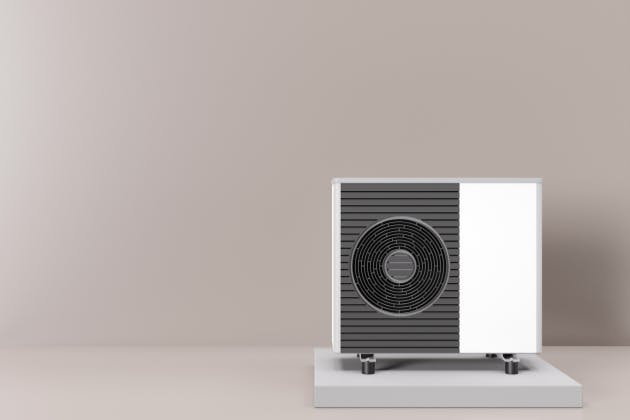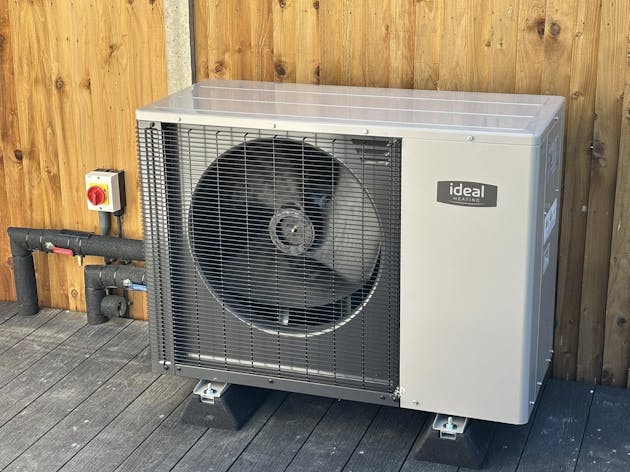Before investing in a heat pump system, it's essential to understand what makes a home suitable for this type of heating. From insulation levels and property layout to long-term energy savings and installation requirements, this guide breaks down everything you need to evaluate to make an informed decision for your home in Norfolk or Norwich.

Is Your Home Suitable for a Heat Pump?
Home Insulation and Efficiency
A well-insulated home is crucial for heat pump efficiency. Without proper insulation, the system will overwork and lose effectiveness. Key areas to upgrade include:
- Loft insulation: Aim for at least 270mm to prevent heat loss through the roof.
- Wall insulation: Cavity wall insulation can reduce heat loss by up to 35%.
- Glazing and draught-proofing: Upgrade to double or triple glazing and seal any draughts to retain warmth.
These improvements help your heat pump perform more efficiently and reduce your energy bills.
Local Climate and System Type
Air source heat pumps (ASHPs) work best in areas with milder winters, while ground source heat pumps (GSHPs) are better suited for colder regions or homes with consistent heating needs.
- Mild climates: ASHPs are ideal and cost-effective.
- Colder climates: GSHPs maintain efficiency even during freezing conditions.
- Coastal areas: Choose corrosion-resistant models to protect against salt exposure.
Compatibility with Your Heating System
Heat pumps are most effective with low-temperature heating systems:
- Underfloor heating: Evenly distributes warmth at lower temperatures.
- Low-temperature radiators: Efficiently operate at 35-45°C.
- Fan coil units: Offer fast heat distribution and cooling in summer.
Older homes with traditional radiators may need upgrades for optimal performance.
Outdoor Space and Installation Setup
Proper placement of your heat pump unit is vital:
- Air source units: Need a clear, sheltered outdoor area with at least 1 metre of clearance.
- Ground source systems: Require space for trenching or boreholes.
Planning permission might be required in conservation zones or for listed buildings.
Building Characteristics
Factors like size, layout, and construction materials influence heat pump suitability:
- Larger homes may require more powerful units or multiple systems.
- Open-plan layouts heat more evenly than closed-off spaces.
- Properties with high ceilings or stone walls benefit from consistent temperature retention.
Legal and Certification Requirements
Ensure your installation complies with UK regulations:
- Check if planning permission is required.
- Meet building regulations on efficiency and noise.
- Choose MCS-certified installers for quality assurance and access to government grants.
Looking to futureproof your home in Norfolk or Norwich with a heat pump?
Norfolk Renewable Heating offers expert assessments, tailored installations, and guidance on grants and energy savings. Call us on 07824393403 or 07939979217, or fill out our contact form to get started today.


